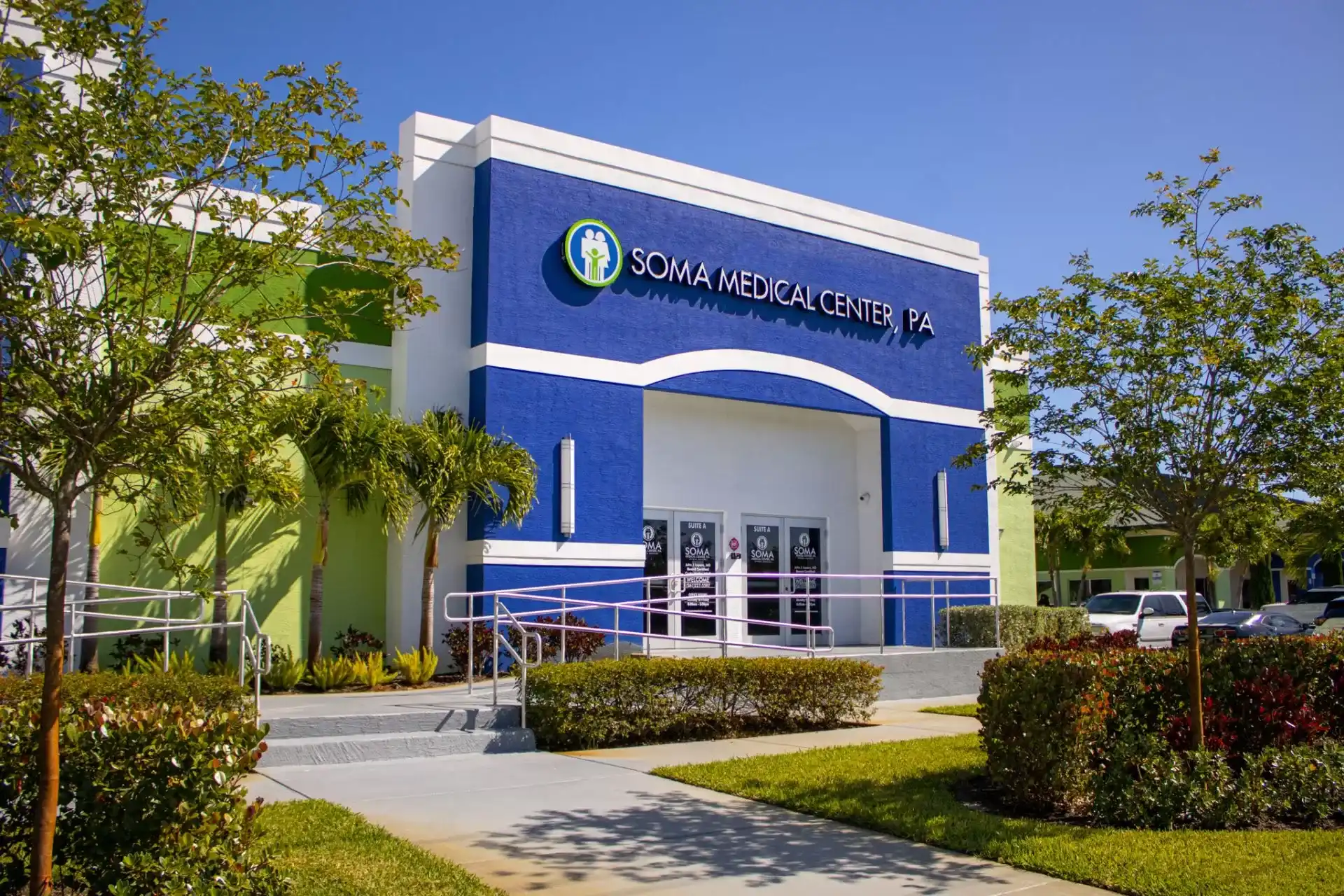
The use of scientific advancements in medical facilities has started to change the business of providing healthcare for patients, with benefits reaped also by the medical personnel within the facilities themselves. From robotic accuracy in surgery to the ease of telemedicine, these innovations are quickly defining the new norms in healthcare.
The following are the technological changes that one will find at the centers, each specifically explained:
Telemedicine
Telemedicine has increased access to consulting with doctors from anywhere. This technology is quite helpful for people in remote places and areas that do not have service providers, as medical consultations and checkups are done without having to travel. These telemedicine platforms take the form of video conferencing and include some two-way interactivity features. This innovation benefits the patients and makes the delivery services more valuable.
Electronic Health Records (EHR)
Electronic health records are typical systems used in Vantage med center Houston. EHRs are data management systems that keep patients’ health records in digital form to access and retrieve their treatment history, lab results, and medical history. These systems enhance communication among healthcare providers, assist in minimizing the prevalence of errors, and facilitate the organization of care. Using evidence-based practice, EHRs also enable data analytics to identify trends and improve patient outcomes.
Robotic Surgery
These robotic systems provide an avenue for doing, even with the most complex procedures, minimally invasive, thus allowing much smaller incisions, less pain, and quicker patient recovery. The systems come equipped with high-definition 3D visualization and dexterity, which applies to even the most intricate surgeries in cardiology, urology, and gynecology.
AI and Machine Learning
AI and machine learning significantly impact diagnostic techniques, treatment strategies, and patient management. For example, AI can help analyze medical images, from X-rays and MRIs, to pinpoint abnormalities accurately. ML models predict disease outcomes and tailor treatment plans according to patient data. AI also helps administrate activities such as scheduling and billing to enhance operational efficiency within medical centers.
3D Printing
3D printing is applied to produce prostheses, transplants, and organ models customized for the individual before surgery. This technology allows for perfect tailor-made fitting according to every individual’s exact needs, thereby increasing surgery success rates and comfort levels from prostheses. Bioprinting tissues and organs are under consideration to change the whole equation related to transplantations and regenerative medicine.
Personalized Medicine
The advances in genomics have set a path for customized medicine by aligning strategies that fit into a person’s genetic profile, thereby obtaining effective treatments. Medical centers are increasingly implementing genomic sequencing to identify genetic predispositions to disease and customize therapies to conditions like cancer. This approach will help improve treatment output with minimum side effects because therapies target the genetic nature of a patient’s ailment.
Augmented Reality (AR) and Virtual Reality (VR)
In medical training, AR and VR technologies are applied for surgical procedures. For complex surgeries, AR overlies real-time guidance, coupled with other information derived digitally, onto views of the physical world. VR, in turn, enables the creation of immersive simulations for training; that is, a medical worker can practice procedures within the safety of a virtual environment. These technologies are improving learning experiences and improving healthcare providers’ effectiveness.
Finally, as technology advances, so will the medical centers’ ability to diagnose, treat, and manage diseases to ensure better health outcomes and improved patient experiences.
